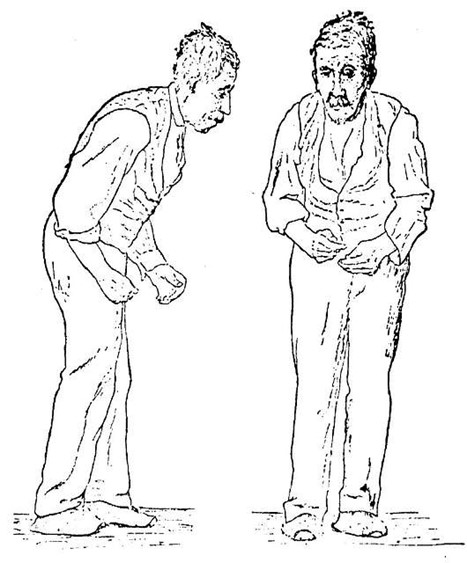Exposing the Shadows of the Food Industry: A Critical Analysis of ‘Poisoned: The Shocking Truth Behind Your Plate
In a world where our relationship with food is deeply intertwined with trust and nourishment, it’s essential to understand the complex journey that our food takes from the farm to our tables. A recent Netflix documentary titled “Poisoned: The Dirty Truth About Your Food” delves deep into the underbelly of the food industry, exposing the hidden realities that consumers often remain oblivious to. In this blog post, we’ll explore the key takeaways from this eye-opening documentary and its implications for our understanding of the farm-to-table process.
Unmasking the Documentary:
“Poisoned: The Dirty Truth About Your Food” is a gripping exposé that delves into the intricate web of the food industry, revealing shocking truths that will leave you questioning the very food on your plate. The documentary uncovers how the pursuit of profit often takes precedence over ethical practices and consumer well-being, resulting in a range of issues from pesticide contamination and antibiotic misuse to deceptive labeling and compromised nutritional value.
Key Takeaways:
- Pesticide Contamination: The documentary sheds light on the pervasive use of pesticides in conventional farming, and how their residues find their way into our food. It raises concerns about the potential health risks posed by prolonged exposure to these chemicals, emphasizing the importance of supporting organic and sustainable farming practices.
- Antibiotic Misuse: The film examines the overuse of antibiotics in animal agriculture, not only contributing to antibiotic resistance but also impacting the quality of the meat and dairy products we consume. The rise of superbugs due to these practices highlights the urgent need for more responsible farming methods.
- Deceptive Labeling: Through interviews with experts and industry insiders, the documentary unveils the deceptive labeling practices employed by some food companies. It’s a stark reminder that terms like “natural” and “farm-fresh” aren’t always synonymous with healthy or ethical choices.
- Nutritional Degradation: The film raises concerns about the nutritional degradation of our food due to modern industrial farming practices. Crops grown in nutrient-depleted soil and animals raised in confined environments may result in products with reduced nutritional value, impacting our health in the long run.
- Environmental Impact: “Poisoned” also addresses the environmental consequences of industrial agriculture, such as:
- deforestation
- water pollution
- excessive carbon emissions
The documentary underscores the need for more sustainable farming practices to preserve the health of our planet.
Implications and Call to Action:
The revelations presented in “Poisoned” demand a collective response from consumers, policymakers, and the food industry. As viewers, we’re urged to become more informed and conscious consumers, supporting local and organic producers whenever possible. Advocating for:
- transparent labeling practices
- responsible antibiotic use
- sustainable farming methods
can collectively drive positive change.
To learn more, check out this summary from The Walls Street Journal.
By arming ourselves with knowledge, we can make informed choices that align with our values and well-being. As we move forward, let’s remember that the choices we make at the grocery store ripple through the entire food supply chain, influencing not only our health but also the health of our planet.




